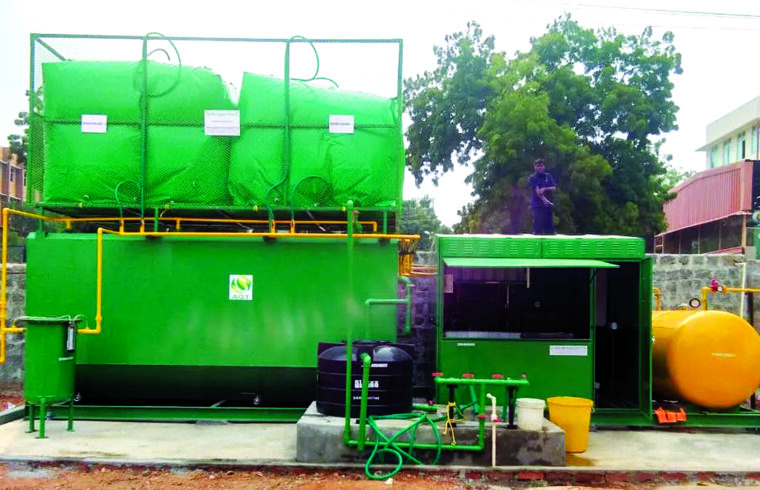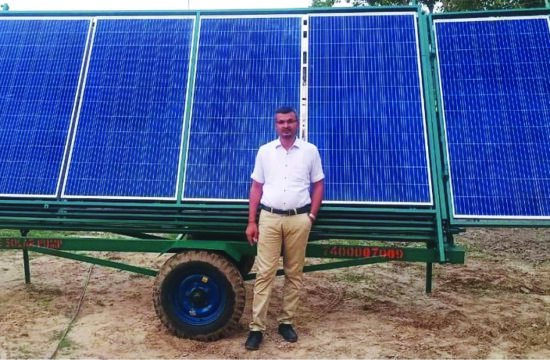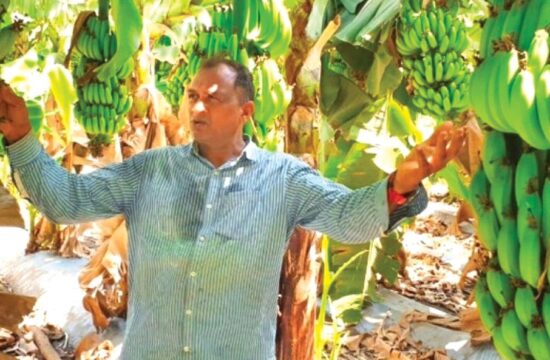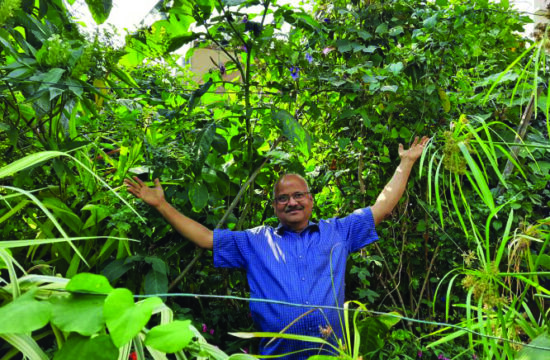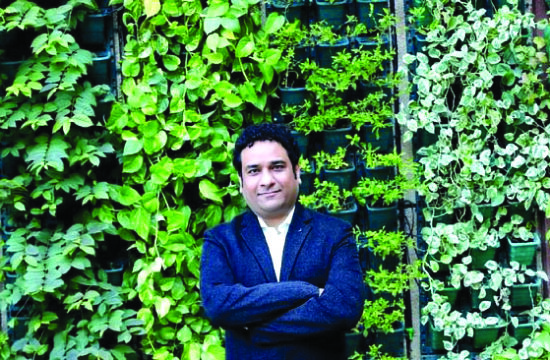Clean energy and waste management are two of the biggest challenges that we need solutions to, for protecting the planet. Every ton of vegetable waste has the potential to generate about 20 kilowatts of electricity. In simple words that is enough electricity to power about 8 to 10 street lights. That, for the uninitiated, is Clean Energy at work. And in the landfills, as the matter decays, they emit harmful gases – chiefly Methane and Carbon Dioxide, which in turn add to the problem of global warming.

34-year-old Shruti Ahuja has been a success behind Dr. B.R. Ambedkar Vegetable Market Yard’s green initiative in Telangana. Hyderabad’s Dr. B.R. Ambedkar Vegetable Market Yard or Bowenpally Market, produces 10 tonnes of organic waste every day. The young lady who quit her cushy job in the United States (2010) to do her bit for the motherland, is already running a number of plants through her start-up Ahuja Green Technologies (AGY) in locations like Hyderabad, Gujarat and Odisha – “electrifying” the waste to wealth power game. In 2012 alone, she has prevented over 12,000 tonnes of organic waste from entering landfills, saved 600+ tonnes of LPG and prevented the generation of more than four lakh tonnes of carbon dioxide. And today, almost a decade later, the Electrical Engineering graduate from the University at Buffalo, New York, has established 16 biogas plants that convert organic waste into LPG or cooking gas across India.
Thus, generating electricity by using the vegetable waste, seems to be a win-win option. Firstly, it is clean, green, sustainable and climate friendly. Secondly, because it will help reduce the daily (and growing) pressure on our city’s landfills which are reaching monumental proportions literally. Thirdly, because the technology (which is indigenous to boot) to convert vegetable wastes into electricity, has made rapid strides in the near past, and today offers a viable alternative which is not only cost effective, but is also extremely efficient, apart from being proven.
The technology for such conversion is indigenously developed, and if the nation consciously decides to embrace such a clean option, the revenue generated will have phenomenal implications on local employment generation and aid entrepreneurship which is too big to be comprehended simply, especially considering the spin-offs that will come into play. Here it must be stressed that the initial capital costs will be paid back many times over, as can be seen from any lifecycle assessment of the same.
The author is Research Director, Environmental Scientist, and Professor at St. Joseph’s University, Bengaluru.


